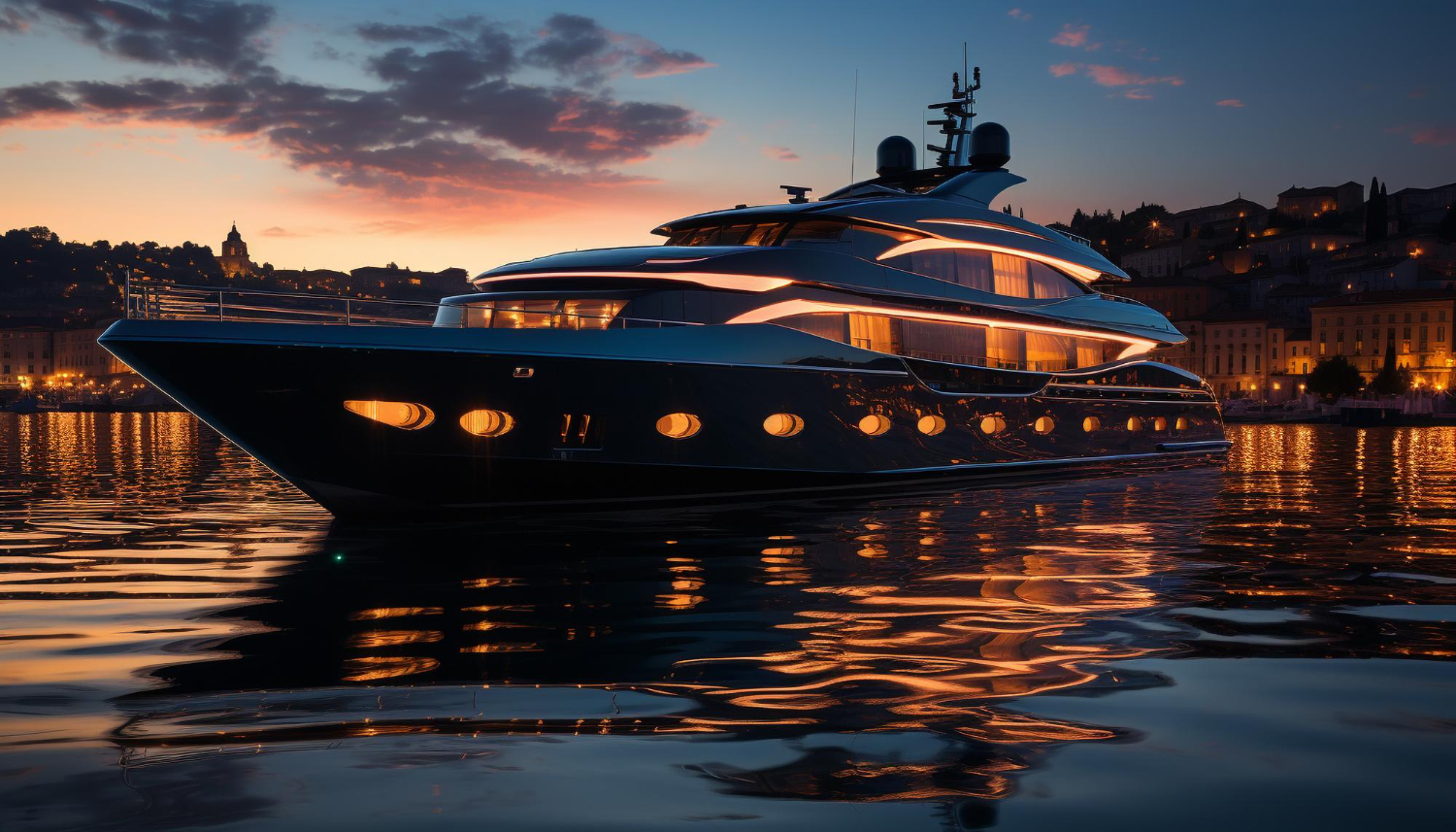Introduction: Navigating the Waters of Boat Buying
When it comes to choosing the perfect vessel, the age-old question of new or used boats remains a crucial consideration. Whether you’re buying your first boat or upgrading from your current boat, the decision between a brand new boat and a pre-owned one can significantly affect your finances, experience, and peace of mind. Both options come with benefits and drawbacks, and your ideal choice depends on your priorities, usage, and budget.
This guide will walk you through all the essential factors to consider, from price tag and warranties to depreciation and resale value, so you can confidently determine which is the right fit for your boating lifestyle.
Understanding the Pros and Cons of New or Used Boats
Advantages of Buying a New Boat
There’s a unique thrill in buying a new boat straight from the showroom. Not only do you get that fresh, untouched feel, but you also enjoy the latest technology, manufacturer warranties, and the peace of mind that comes with being the first owner.

Benefits of a brand new boat:
- Warranty Protection: Most new boats come with full manufacturer warranties, covering structural components, boat motors, and onboard systems.
- Latest Features: You’ll often get access to the latest technology, improved fuel efficiency, and better designs.
- Customization: A brand new boat can be tailored to your exact specifications, whether it’s seating, electronics, or colors.
However, these perks come with a steep upfront cost. The price tag on a new boat can be significantly higher, and just like cars, new boats depreciate quickly, especially in the first few years.
The Case for Buying a Used Boat
Used boats can offer fantastic value—often letting buyers afford a larger or better-equipped model at a lower cost. If you’re savvy and do your homework, a gently used boat can be a great bargain.
Benefits of a used boat:
- Lower Upfront Cost: Pre-owned boats are generally much cheaper than buying a new one.
- Slower Depreciation: Since the initial depreciation has already occurred, used boats tend to hold their value better in the short term.
- More Room in Budget for Upgrades: With money saved on the initial purchase, you might be able to invest in upgrades or gear.
That said, used boats come with risks. Maintenance history might be incomplete, and hidden issues may arise, especially with older models. It’s important to factor in inspection, possible repairs, and whether the boat was well cared for.
Important Factors to Consider Before You Buy
Budget and Financing
Whether you’re looking at new or used boats, your budget is often the biggest influencer. New boats typically come with higher monthly payments but better interest rates and warranties. Used boats might be cheaper initially, but may come with higher repair costs.
Things to consider:
- What’s your maximum budget?
- Will you finance the boat or pay in full?
- Are you considering trade-ins or dealer incentives?
How You Plan to Use the Boat
Think about your goals. Are you planning to cruise on the weekends, fish offshore, or entertain guests? A brand new boat might suit you if you’re looking for the latest amenities and performance. A well-maintained used boat might be perfect for occasional use or budget-conscious boaters.
Match the type of boat to your activities. Some boats are made for speed, others for comfort or sport. Consider your local water conditions and how often you’ll be boating.
The Long-Term Cost of Boat Ownership
Owning a boat is more than just the purchase price. You’ll need to factor in maintenance, fuel, storage, insurance, and registration. In many cases, buying new may reduce maintenance costs for the first few years due to warranties and newer systems. On the other hand, buying used often means more frequent maintenance but lower upfront investment.
Other ongoing costs include:
- Boat slip rental or marina fees
- Winterization and off-season storage
- Routine servicing (especially for older motors)
Over time, these costs can add up, so make sure to weigh the long run expenses before deciding.
Resale Value and Depreciation
One of the biggest differences between a new boat and a used one is depreciation. A brand new boat can lose up to 20-30% of its value in the first year alone. Used boats, especially those 3–5 years old, have already gone through the steepest drop, making them a smarter buy in terms of resale.
Here’s what affects resale value:
- Age and condition of the boat
- Maintenance history
- Type of boat and brand reputation
- Usage hours on the engine
If you’re not planning to hold onto the boat for more than a few years, a used boat may offer a better return on your investment.
The Inspection and Buying Process
What to Check When Buying Used Boats
Used boats require a more careful buying process. Always inspect the hull, engine, electronics, and upholstery. Look for any signs of wear, corrosion, or poor repairs. Ask for maintenance records and if possible, get a marine survey.
Don’t forget the test drive. Just like with cars, a test drive can reveal handling issues or engine trouble.
Dealer vs. Private Seller
Buying a new boat often means working with a dealer. They may offer financing options, extended warranties, and service packages. Used boats can be bought from dealers or private sellers, but each route comes with pros and cons.
Dealers may offer:
- Certified pre-owned boats
- Limited warranties on used vessels
- Financing assistance
Private sellers might offer:
- Lower prices
- Flexible negotiation
- Local knowledge of the boat’s usage history
When to Buy a Boat for the Best Deal
Seasonality affects prices. Late fall and winter are often the best times to buy new or used boats, as dealerships are clearing inventory and private sellers are more flexible. Spring and summer, when demand spikes, typically come with higher prices and less room to negotiate.
Final Thoughts – Which Is Right for You?
Choosing between a new or used boat ultimately depends on your financial situation, boating goals, and tolerance for maintenance. If you’re looking for modern amenities, peace of mind, and customization, a brand new boat may be worth the investment. But if you’re willing to do the research and accept some trade-offs, a used boat can offer excellent value and help you get on the water faster.
Key takeaways:
- New boats offer warranties, tech, and reliability—but depreciate quickly and cost more.
- Used boats can save money upfront and retain value better—but may come with hidden issues.
There’s no one-size-fits-all answer. Whether you’re buying new or considering a used boat, doing your homework is crucial. Evaluate your needs, inspect thoroughly, and don’t rush the process. That way, you’ll sail into boat ownership with confidence—whether it’s a gleaming new vessel or a seasoned used one that’s ready for adventure.

 Nya eller begagnade båtar: Vad är rätt för dig?">
Nya eller begagnade båtar: Vad är rätt för dig?">
